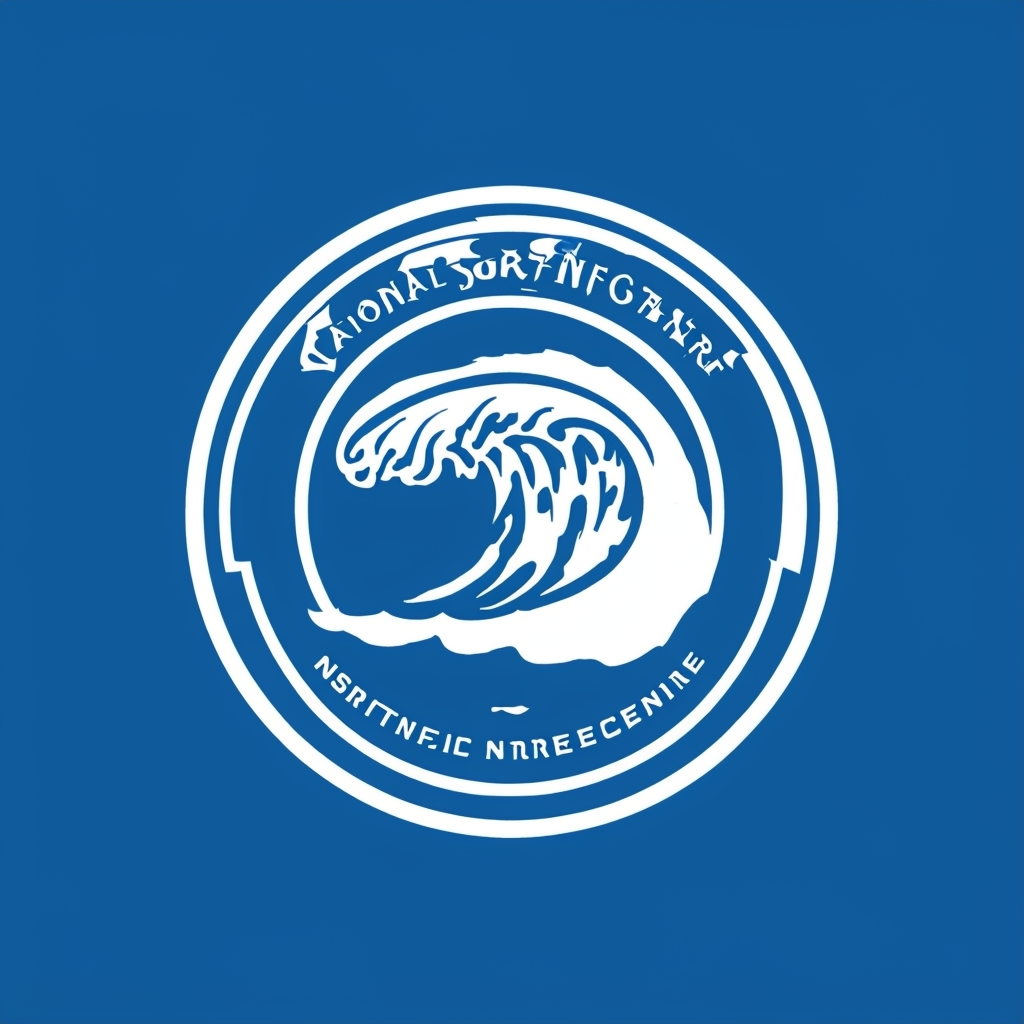Overview of Muay Thai Training Principles
Delving into the Muay Thai principles is essential for martial arts practitioners aiming for excellence. At the heart of Muay Thai training lies a focus on discipline, respect, and continuous improvement. These principles guide practitioners not only within the ring but also in their daily lives.
A key element in training is developing a warrior mindset. This mindset is crucial for achieving training goals, as it empowers individuals to push boundaries and overcome challenges. Strengthening mental resilience ensures that fighters remain focused and motivated, even amid setbacks or intense training sessions.
This might interest you : Unlocking Inclusivity and Celebrating Diversity: A Deep Dive into UK Combat Sports Clubs
Equally important are the training methods employed to enhance performance. Understanding effective techniques and incorporating them into daily routines can significantly boost fighting capabilities. Methods such as repetitive drilling, sparring, and strategic conditioning are integral in cultivating both physical prowess and technical skill.
Additionally, successful training intertwines physical conditioning with strategic mental preparation. Various exercises enhance agility, coordination, and precision. Consistently applying these principles and methods fosters a more comprehensive skill set, preparing practitioners for both competitive and personal growth within the world of Muay Thai.
Additional reading : Breaking Barriers: The Hidden Hurdles Faced by Female Combat Sports Athletes in the UK
Weekly Training Blueprint
A well-structured training schedule is crucial for effective skill progression and overall performance in Muay Thai. Incorporating a balanced workout plan ensures practitioners can build strength, enhance conditioning, and refine technique consistently.
Daily Workout Routines
Organising daily workouts according to skill levels helps tailor activities to individual needs. Training days should blend elements of strength training, conditioning, and skill enhancement to promote comprehensive development. For beginners, focusing on basics with frequent rest periods is important, while advanced practitioners may engage in more intensive sessions. Variety in workouts prevents monotony and fosters a holistic approach to martial arts training.
Skill Development Exercises
Incorporating exercises targeting key techniques, such as striking and defence, is vital in Muay Thai. Partner drills and sparring sessions offer practical application of skills, allowing practitioners to test and refine techniques in controlled environments. It is crucial to balance skill acquisition with physical conditioning, ensuring that practitioners can execute techniques effectively under pressure.
Nutritional Guidelines
Diet plays an essential role in training efficiency and recovery. Following structured meal plans tailored to energy needs enhances performance. Consistent hydration supports training intensity and aids in recovery, making it an indispensable aspect of any workout plan.
Recovery and Injury Prevention Strategies
Incorporating effective recovery methods and injury prevention strategies is fundamental in maintaining physical wellness for Muay Thai practitioners. Adequate rest and recovery are pivotal components of a training regimen, ensuring the body adequately repairs and gains strength after intense sessions.
Understanding effective techniques for stretching and mobility is crucial. Regular stretching improves flexibility, reducing the risk of injuries. Mobility exercises should focus on dynamic movements, enhancing joint stability and overall functionality, which are essential in high-impact sports like Muay Thai.
Recognizing and addressing common injuries prevalent in Muay Thai can prevent long-term damage. These typically include strains, sprains, and impact-related injuries. Employing preventive measures, such as proper warm-ups, protective gear, and attentiveness to body cues, can significantly lower injury risks.
Moreover, recovery methods like ice baths, massage therapy, and adequate hydration aid in swift recovery. Ice baths help in muscle recovery and inflammation reduction, while massages alleviate muscle tension. Consistent hydration facilitates proper muscle function and recovery, making it indispensable in any athlete’s regimen. Employing these strategies enhances longevity and performance in Muay Thai training.
Expert Insights and Testimonials
In the pursuit of mastery, listening to fighter testimonials provides invaluable perspective. Interviews with successful fighters illuminate the dedication required to excel in Muay Thai. Top UK fighters often emphasize the warrior mindset as a cornerstone of their training routines. This mental focus fuels their commitment, driving them to implement effective training methods and achieve their goals.
Interviews with Successful Fighters
Hearing first-hand accounts directly from elite fighters can be tremendously motivating. These individuals share experiences of rigorous schedules, highlighting adaptable training methods like targeted skill practice and structured conditioning. Their stories often include strategies for mental resilience, providing practical examples of how they apply the Muay Thai principles under competitive stress.
Tips from Muay Thai Coaches
Invaluable insights from Muay Thai coaches offer guidance on refining technique and fostering progress. They advocate diverse approaches, tailoring training advice to distinct skill levels and offering motivational tactics to prevent burnout. Coaching strategies prioritize balance, encouraging practitioners to gauge their progress and adjust training plans as needed. This adaptability ensures continuous skill enhancement and prevents stagnation, aligning with the broader Muay Thai philosophy of ongoing improvement.
Final Thoughts on Elevating Training in Muay Thai
Embarking on a Muay Thai journey is an enriching pursuit, where personal growth and physical development interlace continually. The essence of continuous improvement is embedded within the very fabric of Muay Thai’s martial arts philosophy. It encourages practitioners to embrace challenges, learn from experiences, and adapt techniques over time.
Lifelong Learning and Adaptation
Remaining open to new strategies and skills fosters a deeper understanding and mastery of Muay Thai’s intricate techniques. This commitment to lifelong learning ensures that practitioners can evolve, refining not only their physical prowess but also their mental fortitude and resilience.
Community and Support
A strong community plays a pivotal role in this journey, offering invaluable support, camaraderie, and shared knowledge. Engaging with a collective of like-minded individuals fosters motivation and accountability, making the intricate path of Muay Thai more navigable and rewarding.
With dedication and persistent effort, developing excellence in Muay Thai training becomes attainable. This balance of self-improvement and community support lays a solid foundation for achieving success both in and out of the training arena, epitomizing the core principles of this revered martial art.

